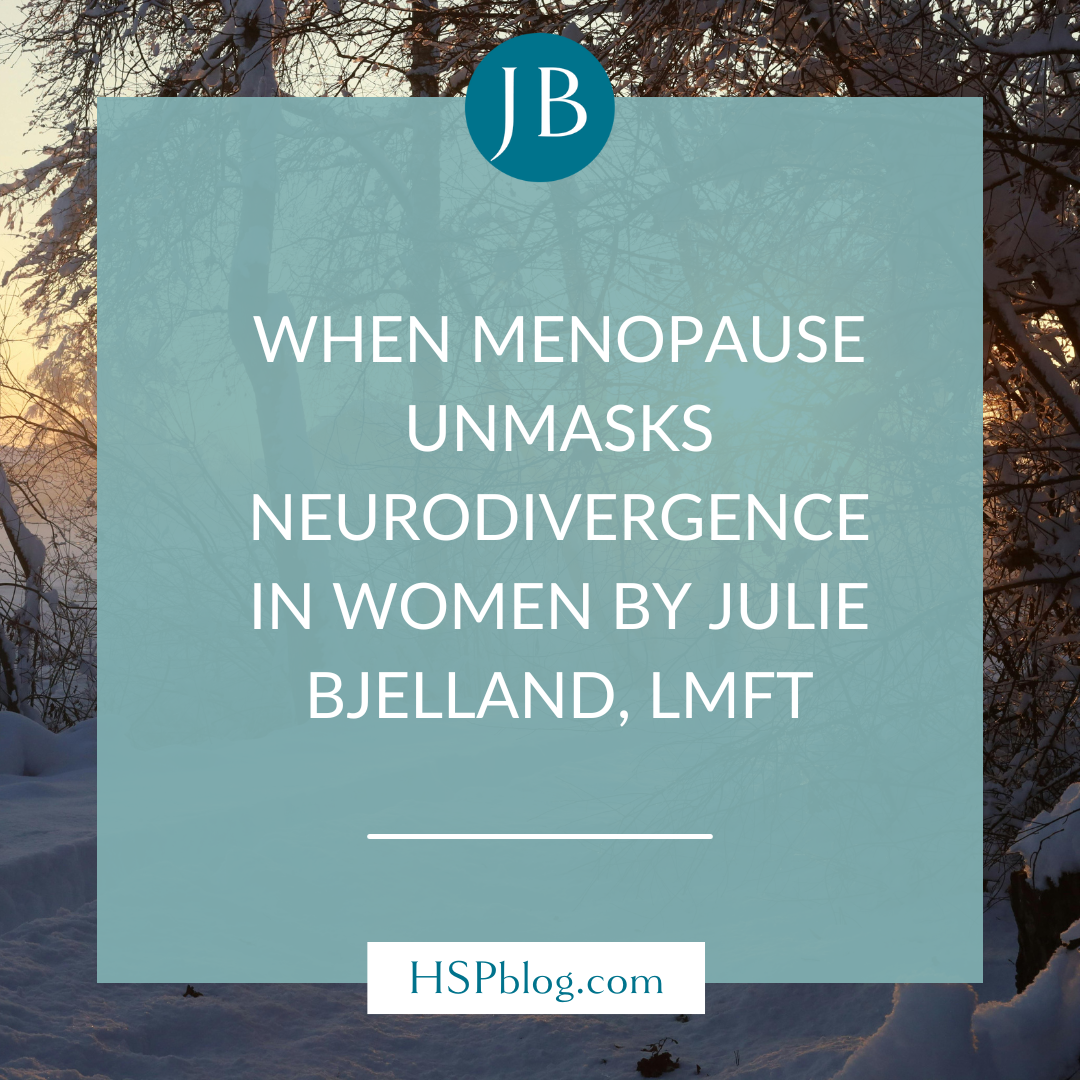The Silent Neglect: How Ignoring Your Needs Can Lead to Burnout
Imagine a child who craves your attention, love, and understanding. Now, picture yourself systematically ignoring this child's needs, pushing them aside, telling them their emotions don't matter, and dismissing their cries for help. This scenario is unthinkable, yet many of us inadvertently subject ourselves to this emotional neglect every day. For highly sensitive people (HSPs), this self-destructive cycle can lead to a myriad of issues, from anxiety and depression to chronic health conditions. This article delves into the damaging impact of consistently ignoring one's needs and emotions and explores the crucial journey toward self-care and self-compassion.
The Cycle of Neglect
For many sensitive individuals, prioritizing the needs of others becomes a default setting. Saying no induces guilt, leading to a pattern of self-sacrifice. In the pursuit of pleasing others, HSPs often silence their own desires and emotions, unknowingly pushing themselves toward exhaustion and emotional emptiness.
The Child Within
The analogy of neglecting a child's needs vividly illustrates the gravity of self-neglect. We must extend the same compassion to ourselves just as we would attend to a child with love and patience. Ignoring our emotions and dismissing our struggles can be as damaging as neglecting a vulnerable child, robbing us of our sense of self, and leaving us feeling like an empty shell.
The Importance of Self-Care and Self-Compassion
Recognizing this pattern is the initial step toward breaking free from the cycle of neglect. Learning to set boundaries and say no without guilt is essential. Prioritizing self-care is not selfish; it is necessary for mental and emotional well-being. Understanding that our needs and emotions are valid empowers us to nurture our own light and regain a sense of self.
The Road to Recovery
Acknowledging the toll of self-neglect is crucial, but the journey toward recovery is equally important. Embracing self-compassion, practicing mindfulness, and engaging in creative outlets can help HSPs reconnect with their authentic selves. Rebuilding self-worth and learning that self-care is not a luxury but a fundamental need are pivotal steps on the road to emotional well-being.
Nurturing Your Light
The path from self-neglect to self-love is transformative, requiring patience, understanding, and a commitment to change. By acknowledging the importance of our own needs and emotions, we can break free from the cycle of neglect. Just as we would nurture a child's light, we must nurture our own, understanding that it is a right and a responsibility. By practicing self-care and self-compassion, highly sensitive individuals can rediscover their inner strength, embrace their sensitivity as a gift rather than a burden, and ultimately reclaim their lives from the shadows of burnout and emotional exhaustion.
Do you struggle to know your needs?
Many HSPs have had a lifetime of meeting the needs of others, so it makes sense that it’s harder to know your own needs. Join me and other HSPs on a journey of self-discovery! We’ll be getting to know ourselves for who we are right now at this stage, helping us fully flourish in our lives.
Julie Bjelland, LMFT
An HSP Psychotherapist specializing in high sensitivity. As the founder of Sensitive Empowerment, she is passionately committed to raising awareness about the extraordinary value inherent in sensitivity. Recognizing the vital importance of education and support, Julie is dedicated to equipping HSPs with the necessary tools to reduce their susceptibility to mental and physical health challenges. Her extensive array of resources stands as a heartfelt endeavor to provide this essential support. Learn more at JulieBjelland.com.



Explore the hidden inner world of autistic women, including high masking, sensory overload, burnout, and late identification. Learn how internal experiences shape daily life and why so many women are missed.